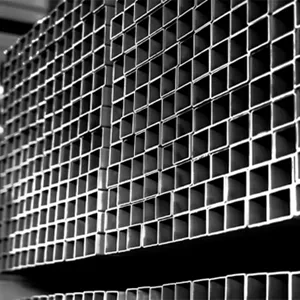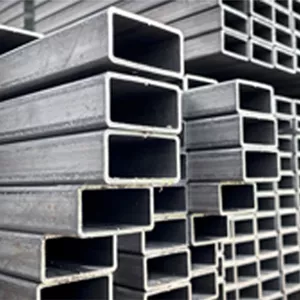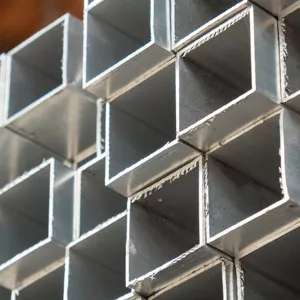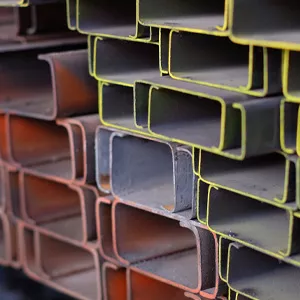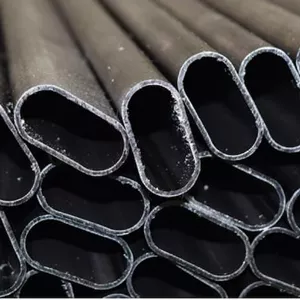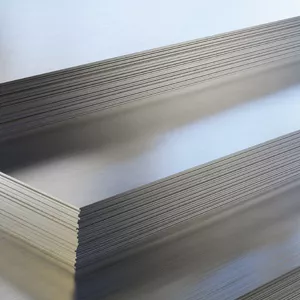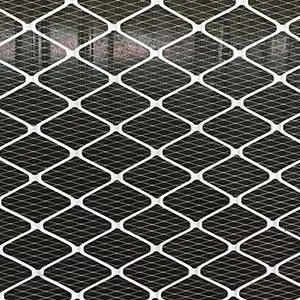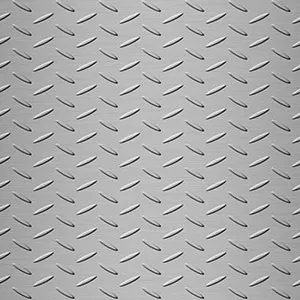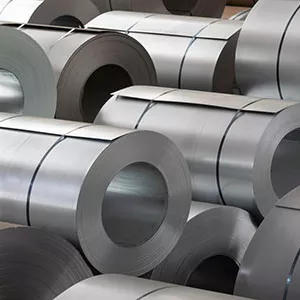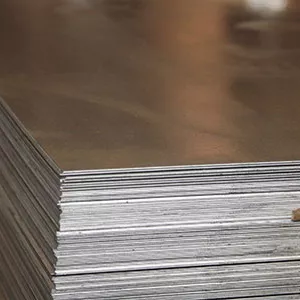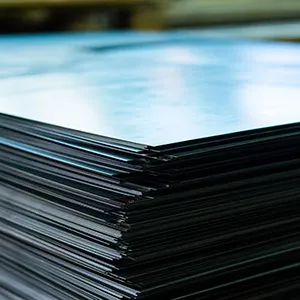
The safe and efficient installation of natural gas systems directly affects the comfort of our lives. Therefore, the quality and durability of the pipes used in projects are of great importance. As Deha Metal, with our industry experience and wide product range, we aim to offer always up-to-date, reliable, and economical solutions regarding natural gas pipe prices. Especially with the increasing demand recently, the importance of quality natural gas pipes has become more apparent. We work with all our strength to provide our customers with both high-quality and long-lasting products.
Current Natural Gas Pipe Prices
Since market conditions constantly change, current natural gas pipe prices can vary at any time. Fluctuations in steel raw material prices, increases in energy costs, and changes in exchange rates directly affect natural gas pipe prices. As Deha Metal, we follow these developments closely and strive to offer our customers always up-to-date and competitive figures. Thus, you can manage your budget healthily without facing unexpected cost increases while planning your projects.
Additionally, our company acts very meticulously regarding stock management. By working with sufficient stock levels, we aim to provide quick solutions to our customers even during periods of high demand. In this way, even if natural gas pipe prices fluctuate, it is possible for you to receive your orders as soon as possible. We provide all the support we can to ensure you can progress without delay in your projects.
How Are Natural Gas Pipe Prices Calculated?
The quality of steel used in natural gas pipes, wall thickness, dimensions, and production processes directly affect pricing. At Deha Metal, while creating a special price offer for each project, we consider both the technical details and current market conditions. Here, we want to share the basic steps we take when calculating natural gas pipe prices:
Pipe Weight (kg):
The outer diameter and wall thickness of the pipe are determined.
The weight is calculated according to its length.
The total weight is determined by considering the density of steel (7.85 g/cm³).
Unit Price (TL/kg):
The current market cost per kilogram of steel raw material is considered.
Exchange rates, energy costs, and the global steel supply-demand balance affect the unit price.
Additional Processing and Coating Cost (TL):
In some projects, pipes may need to undergo extra protective coating or special cutting.
These additional processes can increase the final price.
To explain with a sample formula:
Price = Pipe Weight (kg) × Unit Price (TL/kg) + Additional Costs (TL)
If a project requires a 3-meter-long natural gas pipe with a 2 mm wall thickness, and its weight is calculated to be approximately 5 kg (example value), assuming the unit price is 30 TL/kg, and additional costs are 20 TL:
Price = (5 × 30) + 20 = 150 + 20 = 170 TL
Of course, this is just a rough example. In real projects, the final price will vary as the dimensions, wall thickness, and coating features differ. Deha Metal's expert team analyzes the scope, purpose, and current budget of your projects in detail to fully understand your needs.
What Influences Natural Gas Pipe Prices?
Natural gas pipe prices can vary depending on many external and internal factors. Here are the main ones:
Raw Material Prices:
The supply-demand balance in international markets for the steel raw material used in the production of natural gas pipes plays a crucial role in the rise and fall of prices. Problems in iron ore or scrap steel supply can directly impact costs.
Exchange Rates:
Especially in projects using imported raw materials, fluctuations in exchange rates affect natural gas pipe prices. Increases in exchange rates can raise import costs, which can also increase the final price of the pipes.
Wall Thickness and Technical Features:
Thicker or specially alloyed pipes can provide the capacity to work under higher pressure while also increasing costs. We help you choose the right product by considering what pressure or temperature values your project will operate at.
Energy and Labor Costs:
The price of energy used in the production line or increases in labor wages directly reflect on the production cost of natural gas pipes. Similarly, shipping expenses and logistical costs can also be added to the final total.
Supply and Demand Conditions:
In certain periods, especially construction and infrastructure projects can accelerate. This situation can cause natural gas pipe prices to move upward in the short term. In periods of excess supply, a balancing effect on prices is observed.
As Deha Metal, we carefully analyze these factors with our customer-focused approach and shape our price offers accordingly. In both bulk purchases and small-scale projects, we mobilize all our expertise to help you make plans that maintain the natural gas pipe price balance.
Our mission is not only to provide quality products but also to be with you at every stage of your projects. If you want to increase the safety and efficiency of your natural gas installations, you can contact us to get comprehensive information about natural gas pipe prices or to quickly place your orders. As the Deha Metal family, we are pleased to assist in any matter ranging from product supply to technical consultancy. In this way, you can manage both your budget and time in the best possible way.

 TR
TR

